VW Scandal: Emission fix leaves thousands with problems
VW Group car owners report power and fuel issues following 'Dieselgate' solution
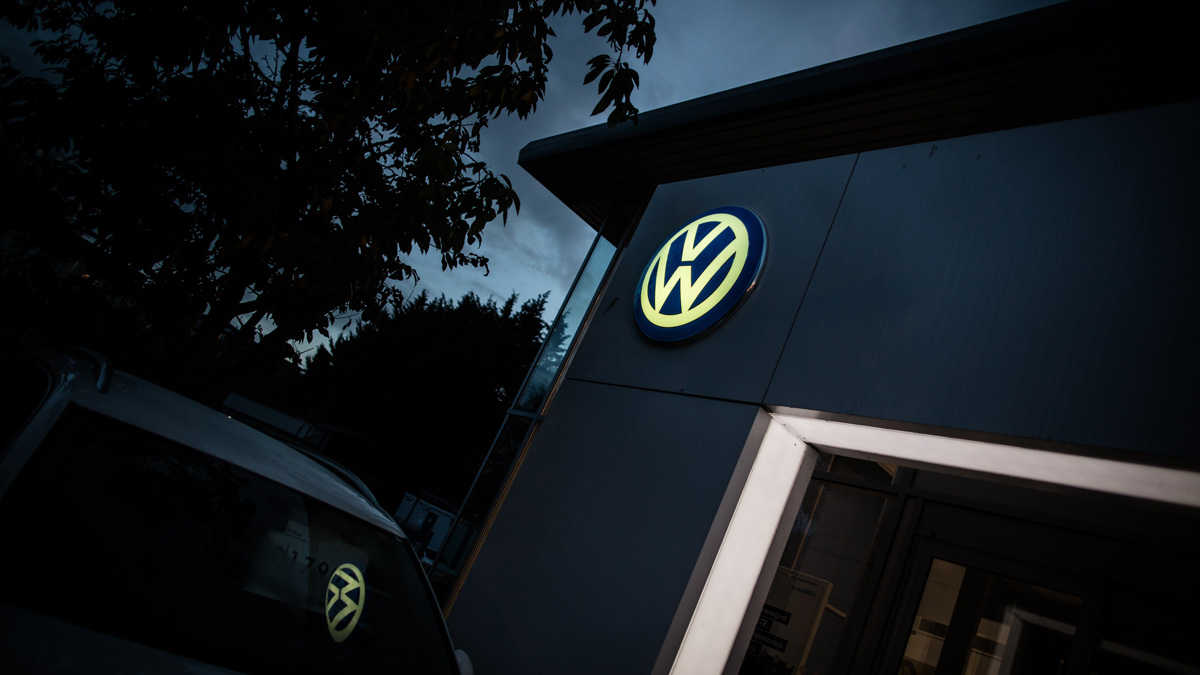
A free daily email with the biggest news stories of the day – and the best features from TheWeek.com
You are now subscribed
Your newsletter sign-up was successful
Volkswagen 'can fix' 90% of cars in emissions scandal
24 November
Volkswagen has worked out how to fix nine in ten European cars affected by the emissions scandal, the company has announced.
"For over 90 per cent of the Europe group's vehicles, solutions are now confirmed," Mathias Muller, chief executive of VW Group, told executives yesterday.
The Week
Escape your echo chamber. Get the facts behind the news, plus analysis from multiple perspectives.

Sign up for The Week's Free Newsletters
From our morning news briefing to a weekly Good News Newsletter, get the best of The Week delivered directly to your inbox.
From our morning news briefing to a weekly Good News Newsletter, get the best of The Week delivered directly to your inbox.
The company recently admitted fitting software to 11 million diesel engines in order to cheat emissions tests. A subsequent probe revealed that up to 800,000 petrol powered VW group cars could have been sold with incorrect CO2 figures.
By the end of the month, the company will issue recall plans to the German authorities, which have already approved fixes to 2.0-litre engines. They will come in the form of a software update.
Affected 1.6-litre engines will require some component changes, such as a new air filter cartridge and grille, which has been given preliminary approval by the Federal Motor Transport Authority. A plan for affected 1.2-litre diesels will be finalised and submitted by the end of November.
As many as 8.5 million European vehicles could be recalled as part of the fix and Volkswagen will be keen to use the Europe-wide recall as a springboard to completing fixes in other key markets.
A free daily email with the biggest news stories of the day – and the best features from TheWeek.com
In the US, authorities recently began to investigate all Volkswagen group cars sold with 3.0-litre diesel engines from 2009 onwards after it was discovered that three components designed to control emissions fitted to these engines were not properly declared or approved. Bloomberg reports that Audi has stated that one of these components is considered a defeat device by US law, but the VW group has rejected the initial claims. Currently there are about 500,000 US vehicles affected by the scandal, writes The New York Times.
VW's European market share fell to 25.2% in October this year in comparison to 26.1% in October 2014. The Guardian claims that the full extent of the damage created by the scandal will not be visible until the end of November because new car deliveries typically take several weeks.
Muller said VW's internal inquiry into the emissions scandal could take "months" to be completed.
Volkswagen: BMW, Mercedes, Ford and others dragged into scandal
12 November
Volkswagen's diesel emissions scandal may soon drag in a host of rival car-makers, as the German motoring watchdog opens investigations into 23 other brands.
The probe will cover a total of 50 models from manufacturers including German marques BMW and Mercedes, as well as international peers such as Ford, Fiat Chrysler, Honda, Jaguar Land Rover, Nissan, Renault and Toyota, The Guardian reports.
The Kraftfahrt-Bundesamt (KBA) regulator said on Wednesday the tests had been triggered by the Volkswagen scandal, but that it also had "verified indications from third parties regarding unusual pollutants emissions". It has begun comparing readings from official tests with those from portable meters in real-life driving conditions, and says two-thirds of measurements have been taken.
The Daily Telegraph adds that "partly elevated levels of nitrogen oxides" have already been found in some of the cars tested, but that the KBA has so far declined to name the specific models.
Germany's transport minister, Alexander Dobrindt, said in a newspaper interview last weekend that diesel vehicles, including those from foreign manufacturers, would be subjected to strict checks.
Ever since the VW scandal broke there has been growing speculation that emissions from other vehicles have also been misrepresented in what are widely seen as inadequate testing processes. There has been no suggestion yet that any other brand has engaged in the sort of deliberate cheating to which Volkswagen has admitted.
Some 11 million VW cars across all of its brands were fitted with so-called "defeat devices" that lowered emissions during tests. Some vehicles in the US were actually emitting 40 times the quantity of harmful nitrogen oxides than tests specified – an amount well in excess of legally allowed limits.
Volkswagen: big fund managers line up for legal action
9 November
The first hints of the scale of the lawsuits facing beleaguered car maker Volkswagen are starting to emerge.
The Guardian reports that Nordea Asset Management, the investment arm of the Swedish banking group that controls €190bn in assets in total, is preparing to join "several different class actions" against the crisis-hit car company. It controlled a stake worth €80m in September, but has since offloaded 90 per cent of its holding and banned managers from buying more shares as VW's stock plummeted.
Nordea is not alone. The Financial Times says that APG, the Dutch pension fund that manages €400bn in assets, is considering suing Volkswagen. The Norwegian oil fund, Norges Bank Investment Management, which held a stake worth €500m, may also be considering taking legal action after incurring heavy losses. Clive Zietman, head of commercial litigation at Stewarts Law, says a number of institutional investors are also lining up cases.
DSW, a German shareholder association, says it is in "close and advanced" talks with both private and institutional investors across Europe and the US about launching a legal action in Germany. Bentham Europe, a litigation finance group backed by the hedge fund Elliott Management, said last week that it was in talks with VW’s top 200 investors about launching a damages claim in Germany as early as next February.
Richard East, a London-based co-managing partner of the international law firm Quinn Emanuel, previously told the Daily Telegraph that shareholders should not be liable for the losses of €25bn in share market value or any further costs from fines and penalties. He said this was because Volkswagen failed to "provide relevant disclosure" about the "defeat devices" it now admits it fitted to vehicles.
These claims are just the tip of the iceberg. Car owners are also preparing to take action, while governments and regulators are likely to impose heavy fines against the German car company. In addition to admitting that it rigged emissions tests in relation to 11 million diesel cars, VW has now said it manipulated carbon dioxide emissions and this could add to the deluge of compensation claims and trigger major tax bills (see below).
It is likely to take years to sort through all the claims. David Seidel, chief executive of the Institutional Investors Tort Recovery Association, which helps institutions decide which class actions to join, told the FT that it will be years before lawsuits against VW even reach the courts.
Volkswagen: will the car maker survive as the emissions scandal deepens?
04 November
The global emissions scandal engulfing beleaguered car maker Volkswagen got even worse today.
Having already admitted that 11 million of its diesel cars were fitted with devices to cheat emissions tests – an admission that could cost the crisis-hit German car maker tens of billions of euros – Volkswagen has now revealed further "irregularities" that could affect even more cars. And this time, the scandal has spread to petrol engines.
A spokesperson for the Volkswagen Group told the BBC that the latest issue concerns the way carbon dioxide (CO2) emissions are certified and could affect an estimated 800,000 smaller cars across the Volkswagen, Audi, Skoda and Seat brands. The "irregularities" relate to the way in which CO2 emissions and fuel consumption were measured during technical approval processes.
Specific models potentially affected include Volkswagen's Polo, Golf and Passat, Audi's A1 and A3, the Skoda Octavia, and the Seat Ibiza and Leon, according to Bloomberg. TDI diesel engines between 1.4 and 2.0 litres account for the vast majority of affected cars, but a 1.4-litre petrol engine is also understood to be involved.
The company has offered no further details but it has given an estimate of €2bn (£1.3bn) to rectify the problem, on top of the €6.7bn already set aside. The figure is unlikely to include the additional costs of fines, legal actions and compensation, or to have factored in any additional losses if the crisis turns out to have spread to more cars than currently thought.
Some analysts have warned that VW's estimate is a conservative one and the costs could be proportionately much higher. The Guardian cites a range of charges likely to hit the Volkswagen Group including those relating to car tax underpayment (in countries like the UK and Ireland these are based on CO2 emissions) and more significant bills for fixes and redress, as unlike the nitrogen oxide cheating that was previously exposed, CO2 "cannot be filtered" and is "directly linked to fuel economy".
A note to clients from Credit Suisse, quoted by Business Insider, highlights that the money set aside today implies a cost of "€2,500 per car vs. c.€609 per car provisioned for diesel so far". Given the potential for costs to escalate, the Swiss bank adds that "today's announcement could concern those who believe that the economic impact is manageable".
Volkswagen reported last week that it has cash on its balance sheet of €28bn and a further €4bn to come from an asset disposal. The total costs of the scandal before today's revelations – and before allegations from a US watchdog yesterday over some of the group's larger-engine cars (see below) – were estimated at up to €35bn.
Volkswagen shares were down close to ten per cent at around €100 by mid-morning.
Volkswagen: Porsche implicated in alleged second deceit
3 November
Volkswagen has been hit by allegations of a second round of emissions test cheating in the US, which could be hugely damaging for its new chief executive Matthias Muller.
In September, after a year of wrangling with US regulators, the crisis-hit car company admitted it had installed software that artificially lowered emissions during official tests to a diesel engine used in 500,000 cars sold in the country. It later admitted the "defeat device" was installed on 11 million diesel cars across its Volkswagen, Audi and Skoda brands sold worldwide since 2009.
Following a review of a wider range of vehicles across the Volkswagen Group, the Environmental Protection Agency (EPA) has found evidence of test cheating on another diesel engine. This time it is pointing the finger at a three-litre V6 used in the 2014 Volkswagen Touareg, the 2015 Porsche Cayenne and the latest models of the Audi A6 Quattro, A7 Quattro, A8, A8L and Q5.
The news is significant because it is the first time the company's Porsche brand has been dragged into the scandal. This is deeply embarrassing for Volkswagen's new chief executive Matthias Muller, who was appointed to draw a line under the furore following the resignation of Martin Winterkorn but who ran Porsche when the model singled out by the EPA was being sold.
The widening of the scandal also adds further damage to the already battered reputation of Volkswagen, not least because the latest alleged deception has been uncovered rather than confessed.
Volkswagen, however, contests the findings. In a statement quoted by the BBC, it says that the cars in question "had a software function which had not been adequately described in the application process" but that would not "alter emissions characteristics in a forbidden manner". It added that it was cooperating with the EPA to "clarify the matter".
The car company is already facing a host of regulatory probes, criminal prosecutions and lawsuits in the US and around the world which could cost it up to €35bn, according to some estimates (see below). Volkswagen has so far set aside €6.7bn to undertake a recall of the first wave of cars affected.
While the initial cost of the estimated 10,000 vehicles in the US affected by the alleged second deception would only add around $375m in fines, these costs could similarly spiral upwards. Of greater concern will be the potential impact on sales from the damage to the brand's reputation worldwide.
Volkswagen slumps to first loss in 15 years
28 October
Volkswagen has posted its first quarterly loss in 15 years, as the ongoing global diesel emissions scandal begins to bite.
The company, which until new figures were published this week was the largest car maker in the world by sales, recorded a loss of €3.5bn (£2.5bn) for the three months to September. This was down from a profit of around €2.9bn during the same period last year, the Financial Times reports.
As the scandal broke late in the final month of the quarter, sales are unlikely to have been affected and the swing into the red was the result of the €6.7bn provision the company has set aside to fix cars fitted with software designed to cheat emissions tests. This figure is up from the original €6.5bn that was set aside.
Further financial hits will follow, as an inevitable slowdown in sales flows through in future quarters and costs from fines and litigations related to the scandal begin to land further down the line. Reuters says the "total bill" for the scandal could reach €35bn – and some suggest it could be higher still (see below).
But despite all of this, Volkswagen's shares rose strongly on Wednesday. By the afternoon they had risen to €109.55, still down around a quarter on the level before the crisis, but 4.3 per cent higher for the day.
This reflects the fact that the losses were 'priced in' and were in line with predictions of analysts in recent weeks. It also reflects a strong balance sheet that should withstand the financial hit, with cash and liquid assets rising to €28bn in the third quarter and a further €3.7bn deal involving VW's holding in financing company LeasePlan yet to be booked.
"Together with the very strong net liquidity, this should reassure both equity and fixed income investors," said Arndt Ellinghorst, an analyst at Evercore ISI.
Volkswagen faces claims for €40bn in damages – four times its 2014 profit
19 October
The scale of the problems facing Volkswagen following the global emissions scandal have been laid bare by the revelation that the car maker is facing damages claims from its own shareholders worth a staggering €40bn.
This would be around four times the €10.8bn profit the company reported for 2014, the BBC notes. It would come on top of the costs of fixing the 11 million cars that were set up to 'cheat' emissions tests, for which the company has set aside €6.5bn, as well as regulatory fines that are also likely to be in the tens of billions.
It would also be in addition to a slew of so-called class action lawsuits on behalf of buyers of affected cars around the world, who are likely to find that a fix diminishes their car's performance relative to what was advertised when the vehicles were sold – and who will also see second-hand sale prices fall.
The shareholder damages figure comes from Richard East, a London-based co-managing partner of the international law firm Quinn Emanuel. He told the Daily Telegraph shareholders should not be liable for the losses, including €25bn already wiped off the company's value and further costs from fines and penalties, because Volkswagen failed to "provide relevant disclosure" about the "defeat devices" it now admits it fitted to vehicles.
Bad news continues to pile up for the world's largest car maker, as news has also emerged that police in France have raided its headquarters and other offices. The company confirmed to the Financial Times that the raid had taken place, saying that "we are co-operating fully with the authorities".
-
 Is Andrew’s arrest the end for the monarchy?
Is Andrew’s arrest the end for the monarchy?Today's Big Question The King has distanced the Royal Family from his disgraced brother but a ‘fit of revolutionary disgust’ could still wipe them out
-
 Quiz of The Week: 14 – 20 February
Quiz of The Week: 14 – 20 FebruaryQuiz Have you been paying attention to The Week’s news?
-
 The Week Unwrapped: Do the Freemasons have too much sway in the police force?
The Week Unwrapped: Do the Freemasons have too much sway in the police force?Podcast Plus, what does the growing popularity of prediction markets mean for the future? And why are UK film and TV workers struggling?
-
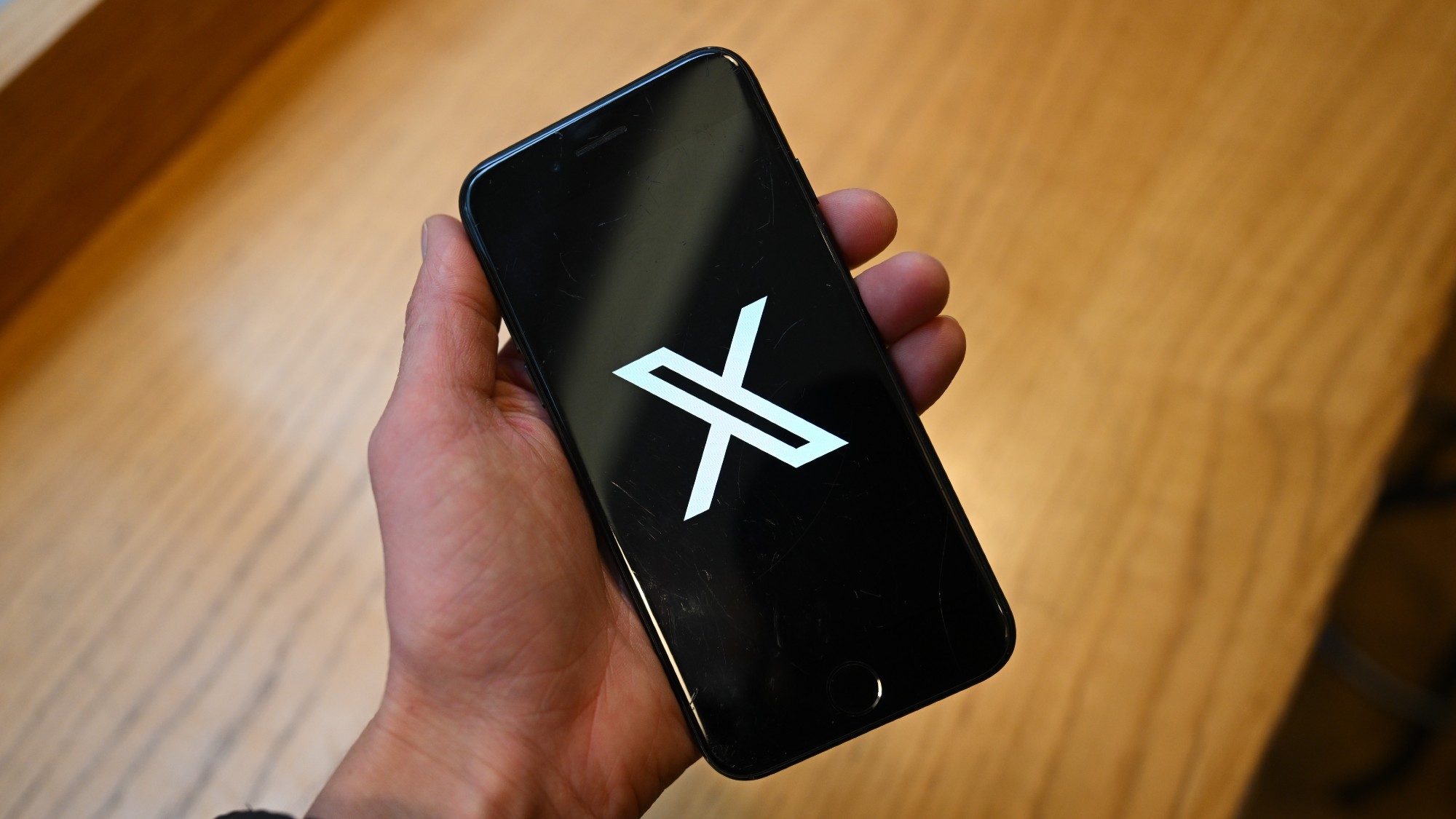 3 varied alternatives to X for when you simply cannot with the new iteration of Twitter
3 varied alternatives to X for when you simply cannot with the new iteration of TwitterThe Explainer These competing microblogging sites have struggled to catch up to Elon Musk's market behemoth
-
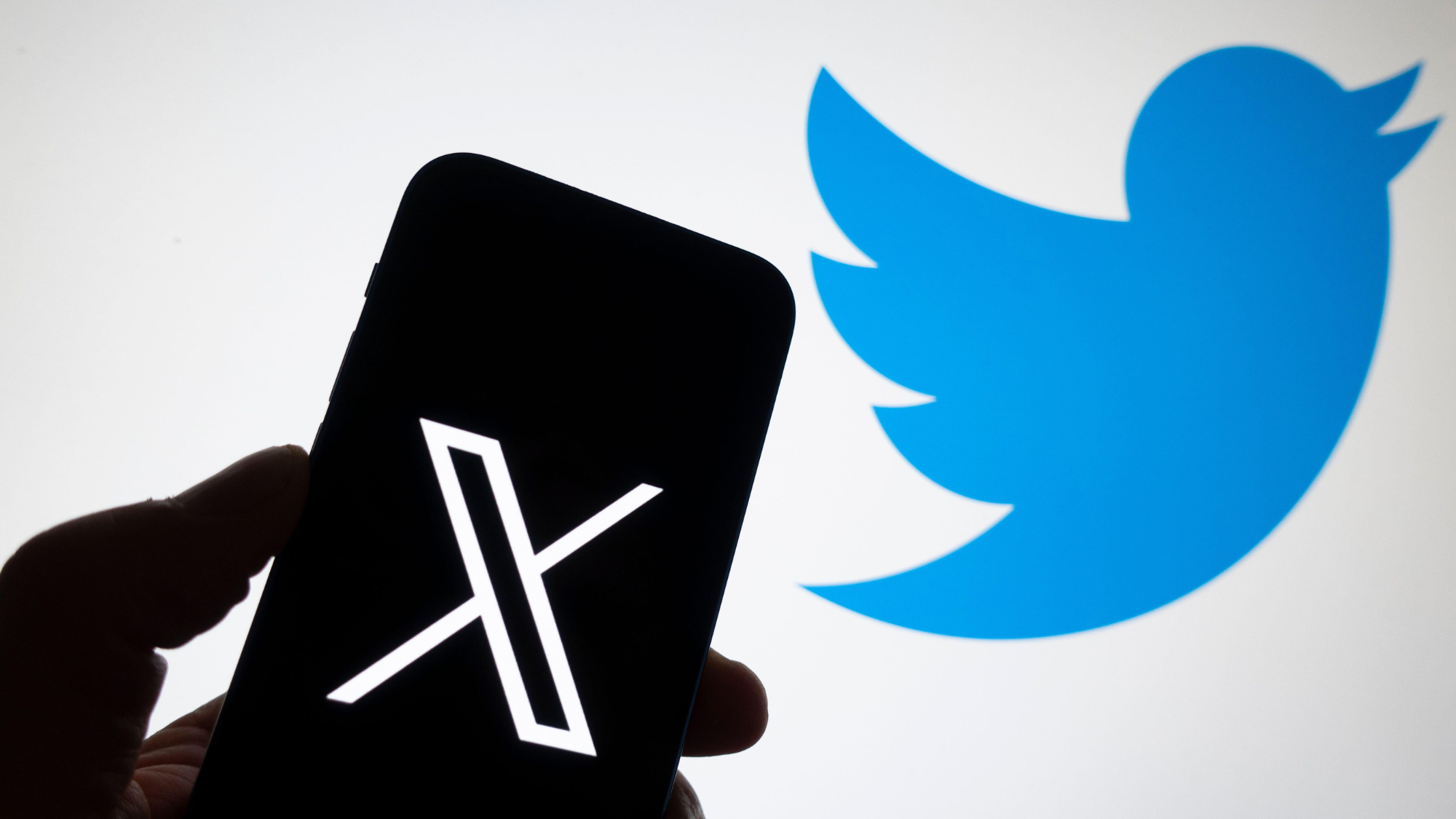 Twitter: Breaking the Bird – a 'riveting' documentary
Twitter: Breaking the Bird – a 'riveting' documentaryThe Week Recommends BBC2's 'fascinating' film charts the social media platform's fall from grace
-
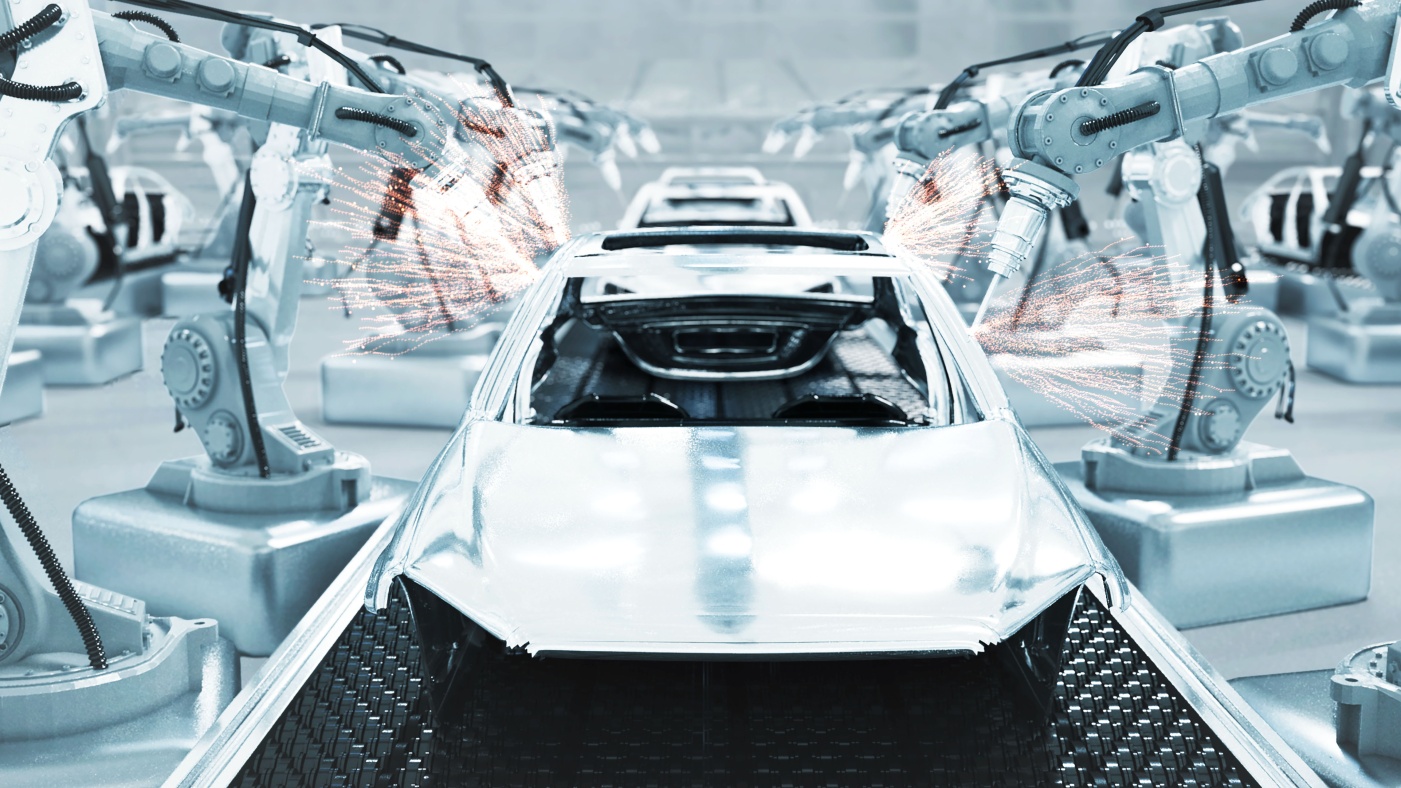 EV market slowdown: a bump in the road for Tesla?
EV market slowdown: a bump in the road for Tesla?Talking Points The electric vehicle market has stalled – with worrying consequences for carmakers
-
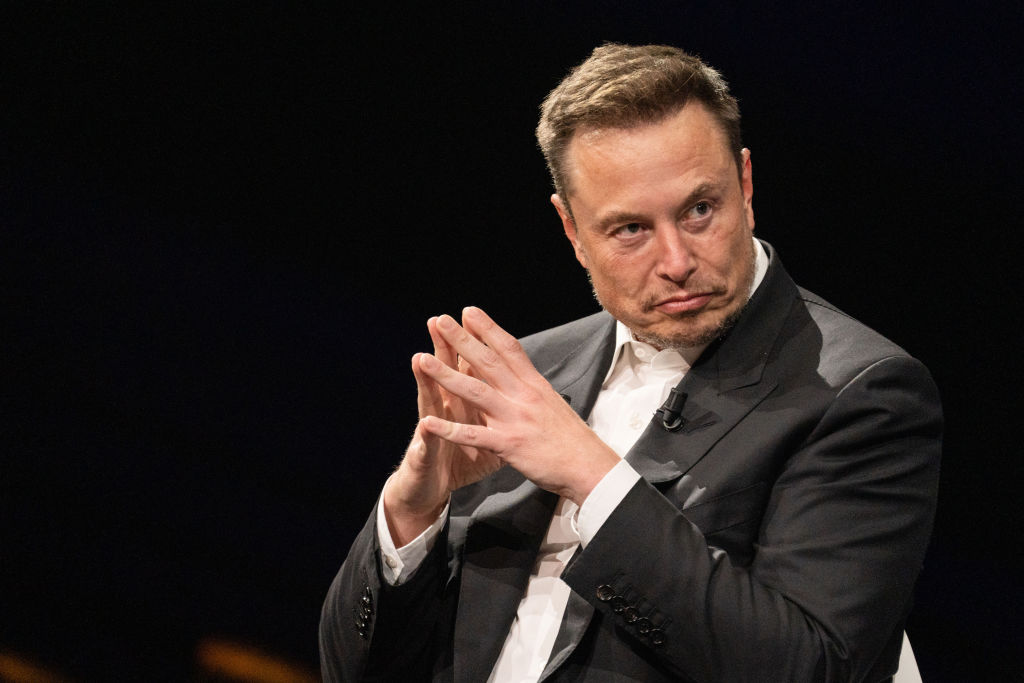 2023: the year of the billionaire villain
2023: the year of the billionaire villainThe Explainer The 21st-century Dr. Evil is taking over the world in books, TV series and popular culture
-
 From 'thunks' to mixed reality, the future of books is interactive
From 'thunks' to mixed reality, the future of books is interactiveThe Explainer What is in store for literature in an increasingly digital world?
-
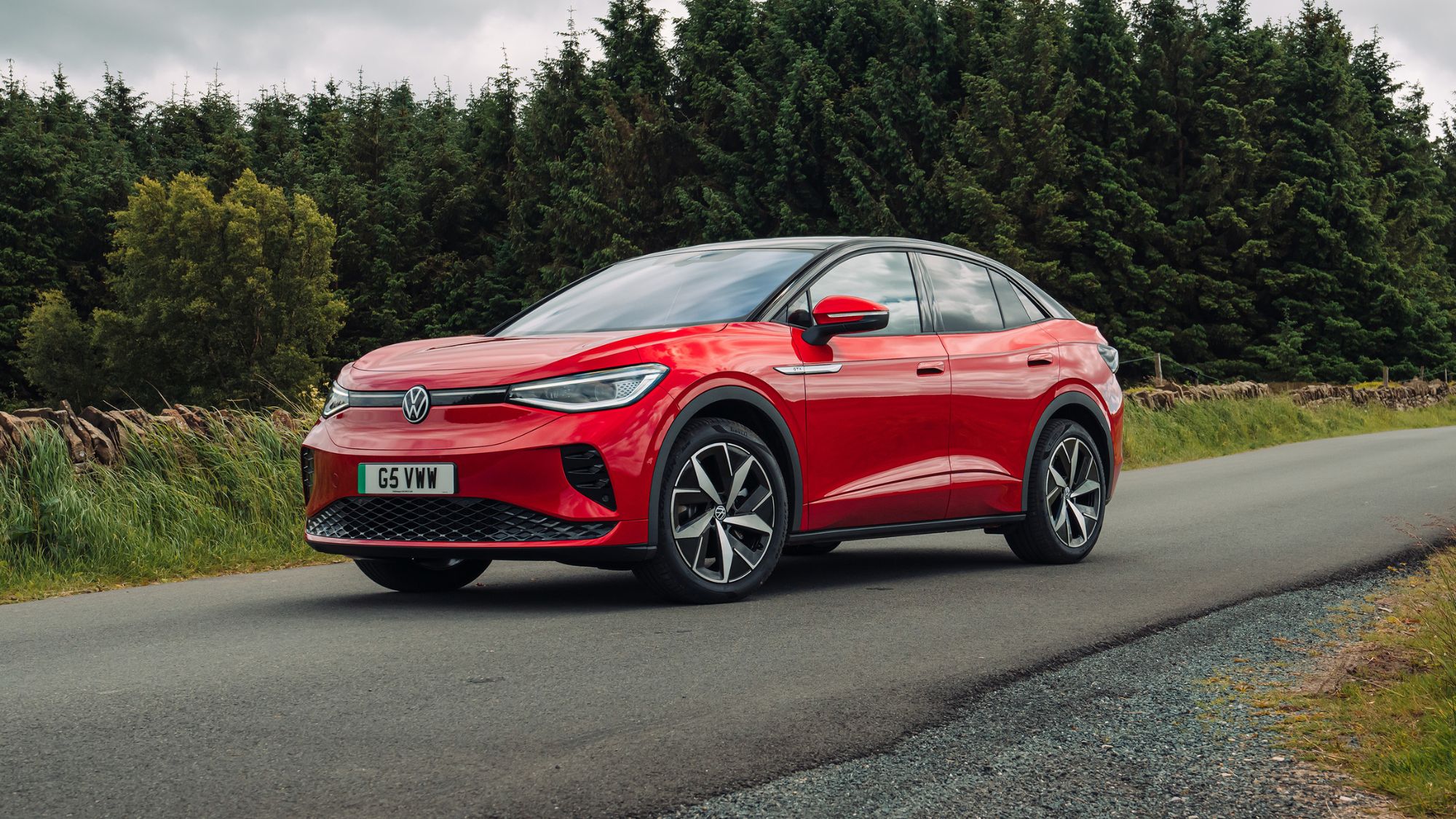 Volkswagen ID.5 review: what the car critics say
Volkswagen ID.5 review: what the car critics sayFeature The ID.4's 'sportier, more stylish twin' – but 'don't believe the hype'
-
 Walter Isaacson's 'Elon Musk' can 'scarcely contain its subject'
Walter Isaacson's 'Elon Musk' can 'scarcely contain its subject'The latest biography on the elusive tech mogul is causing a stir among critics
-
 VW ID Buzz review: what the car critics say
VW ID Buzz review: what the car critics sayfeature The new ID Buzz electric van is a modern successor to Volkswagen’s beloved Type 2